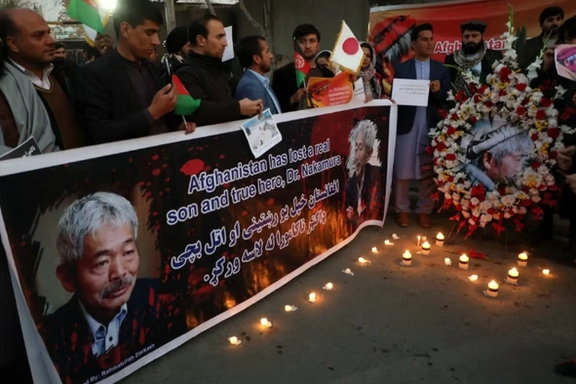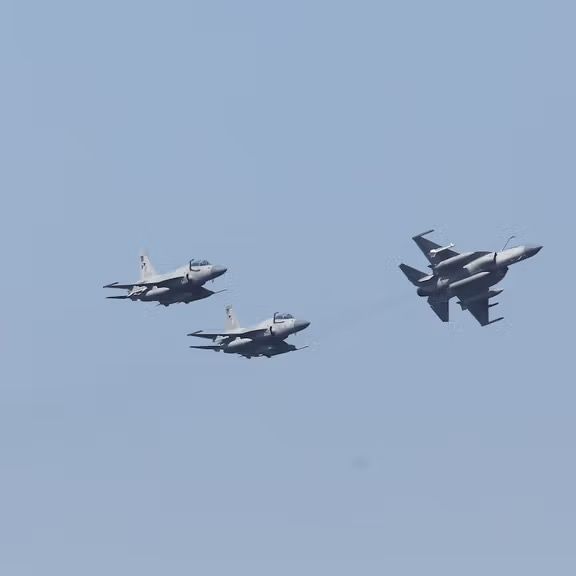According to the report, 65 percent of households were directly affected, marking a 35 percent increase compared to 2023. The UN agency warns that Afghanistan is sliding further into severe economic distress, with growing inequalities disproportionately impacting women and rural communities.
The European Union delegation in Kabul echoed these concerns, noting that restrictions on women and girls imposed between 2024 and 2026 are projected to cost the Afghan economy more than $920 million.
The UNDP assessment found that nine out of ten households have lost key productive assets, sources of income, and access to employment opportunities. Many families have been forced to reduce daily consumption and cut essential expenses, significantly weakening their resilience to future shocks.
Despite these challenges, Afghanistan recorded its first positive gross domestic product (GDP) growth since 2019, with a modest 2.7 percent increase between 2023 and 2024. However, the UNDP cautioned that this recovery is fragile. The country’s trade deficit grew sharply, reaching $6.7 billion in the first three quarters of 2024, up from $5.1 billion during the same period in 2023.
The report attributed the widening deficit to declining domestic production and limited job creation, underlining Afghanistan’s continued reliance on imports and foreign aid.
It further noted that 75 percent of the population faced livelihood insecurity in 2024, a six percent rise from the previous year. Rural areas, home to 71 percent of Afghans, remain critically underserved, with limited access to healthcare, sanitation, and sustainable economic opportunities.
The report also highlighted deteriorating conditions in housing, healthcare, and access to basic goods, compounded by economic and climate-related shocks.
Women-led households, rural populations, and internally displaced persons were identified as the most affected groups, having suffered the greatest drops in income and spending. The ongoing restrictions on women’s education and employment continue to deepen gender inequality, pushing Afghan women further into poverty and social exclusion.

